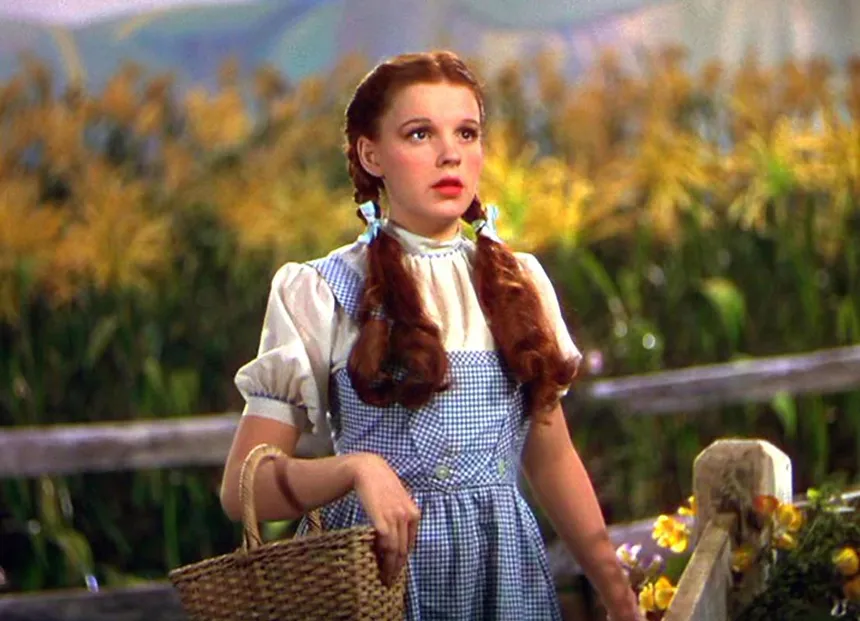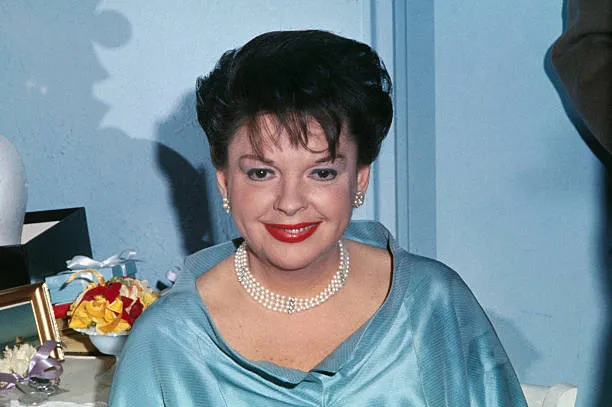Judy Garland, born Frances Ethel Gumm, rose to iconic stardom as one of the most beloved film stars of her time, but her career was marked by mistreatment and exploitation by MGM studios. Despite her radiant on-screen presence as Dorothy in The Wizard of Oz, her relationship with MGM was fraught with tension. She was subjected to harsh demands, sexual harassment, and a strict diet regimen that took a toll on her mental and physical health. Garland’s partnership with MGM began when she was just 13 years old, signing a contract without a screen test. Her performances in The Wizard of Oz and Meet Me in St. Louis solidified her legacy as a talented actress and singer. By the late 1940s, she was one of MGM’s most bankable stars, appearing in several hits that brought in a combined $100 million for the studio.
However, behind the scenes, Garland’s life was far from glamorous. She was sexually harassed by studio executives, including Louis B. Mayer, who described her as “my little hunchback” and restricted her to a strict diet to keep her in the desired weight range.

Judy Garland (Via Judy Garland/Twitter)
To work long hours, Garland took amphetamines, and to come down from the subsequent high, she took barbiturates. Her addiction worsened over time, and she struggled with mental health crises, including a breakdown in 1947. Despite her personal struggles, Garland made a comeback on screen and stage, earning critical acclaim for her performances in Hollywood’s second iteration of A Star is Born and Stanley Kramer’s historical drama Judgment at Nuremberg.
In the years leading up to her death, Garland continued to work in television, appearing in a variety of series and selling-out concert performances throughout the 1960s. Despite the turmoil she faced throughout her life, Garland left an indelible mark on cinematic history and pop culture, solidifying her position as one of the greatest film stars of all time. Tragically, her life came to an abrupt end on June 22, 1969, at the age of 47, due to an accidental barbiturate overdose.
























